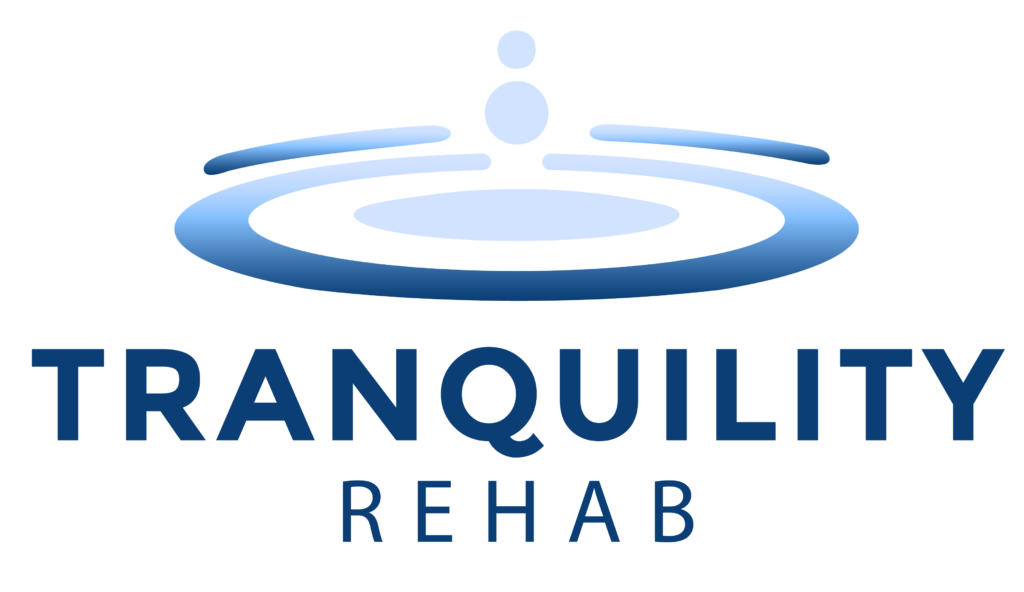Experiencing alcohol shakes can be a distressing symptom of alcohol withdrawal, indicating that your body is reacting to the absence of alcohol. For those who have been drinking heavily or regularly, stopping suddenly can lead to various withdrawal symptoms, including tremors, anxiety, and physical discomfort. Alcohol withdrawal can lead to life-threatening complications in some cases, and it is advised to seek medical assistance to manage alcohol shakes safely.
Understanding Alcohol Shakes
Alcohol shakes, or tremors, typically occur when a person who has been drinking heavily suddenly reduces or stops their alcohol intake. This reaction is a sign of withdrawal, which happens because the body has become accustomed to the presence of alcohol. When you stop drinking, the body’s central nervous system can become overactive, leading to physical symptoms like shaking, sweating, and increased heart rate.
Common Symptoms of Alcohol Withdrawal
In addition to shakes, individuals going through alcohol withdrawal may experience:
- Anxiety and irritability
- Nausea and vomiting
- Insomnia
- Sweating and increased heart rate
- Hallucinations or seizures in severe cases
Recognizing these symptoms is the first step in understanding the need for help.
How to Manage Alcohol Withdrawal
If you’re experiencing alcohol shakes and other symptoms of withdrawal, here are several strategies to help:
1. Seek Medical Assistance
One of the most important steps is to seek medical help. Alcohol withdrawal can be dangerous, and in some cases, it may require supervision in a medical setting. A healthcare professional can provide guidance, monitor your symptoms, and, if necessary, prescribe medications to ease the withdrawal process.
2. Gradual Reduction of Alcohol Intake
If you’re a heavy drinker, it’s often safer to taper your alcohol consumption rather than quitting abruptly. Gradual reduction can help minimize withdrawal symptoms, including shakes. Discuss a tapering plan with a healthcare provider to determine the best approach for you.
3. Stay Hydrated
Dehydration can exacerbate withdrawal symptoms. Drink plenty of water to stay hydrated, which can help reduce the severity of shakes and other symptoms. Electrolyte solutions can also be beneficial in restoring balance in your body.
4. Eat Nutritious Foods
Proper nutrition is crucial during withdrawal. Eating a balanced diet rich in vitamins and minerals can support your body’s recovery. Foods high in protein, fruits, vegetables, and whole grains can help stabilize your blood sugar and provide the nutrients your body needs to heal.
5. Rest and Relaxation
Rest is essential during the withdrawal process. Stress can intensify withdrawal, so find ways to relax, such as deep breathing exercises, meditation, or gentle yoga. Creating a calm environment can also help soothe your mind and body.
When to Seek Help
If you find yourself unable to control your drinking, experiencing severe withdrawal symptoms, or feeling overwhelmed by cravings, it’s crucial to seek help. Alcohol dependence is a serious condition that can significantly impact your life and health.
At Tranquility Rehab, we offer comprehensive addiction treatment services tailored to meet individual needs. Our compassionate team is dedicated to helping you navigate the challenges of alcohol withdrawal and develop a sustainable path to recovery.
Take the First Step Toward Recovery
If you’re struggling with alcohol dependence, remember that help is available. You don’t have to face this journey alone. Contact Tranquility Rehab today to learn more about our addiction treatment services and how we can support you in achieving a healthier, sober life.
Your journey toward healing and recovery begins with a single step.


